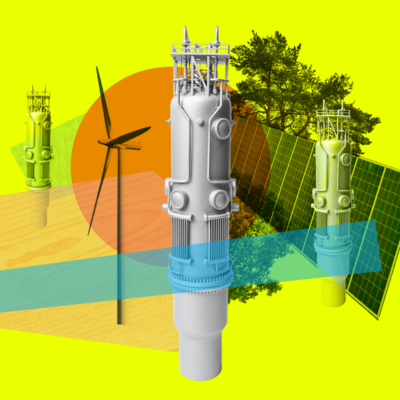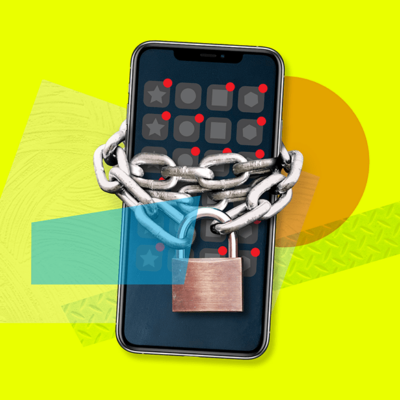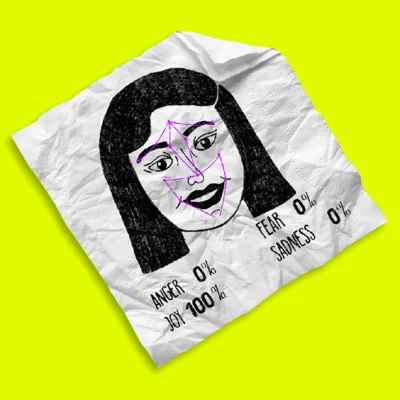Featured Episode
Or is psychedelic therapy too good to be true?
Can we trip our way to better mental health?
Psychedelics have the potential to treat a wide array of mental health disorders, but novel compounds have a tendency to escape the lab and harm users looking for a novel high.
Psychedelics have the potential to treat a wide array of mental health disorders, but novel compounds have a tendency to escape the lab and harm users looking for a novel high.
Hosted by Caterina Fake, Should This Exist? is a show that takes a single technology and asks: What is its greatest potential? And what could possibly go wrong?
Trending Episodes
Explore how our boldest new technologies can help us flourish as human beings, or destroy the very thing that makes us human.






